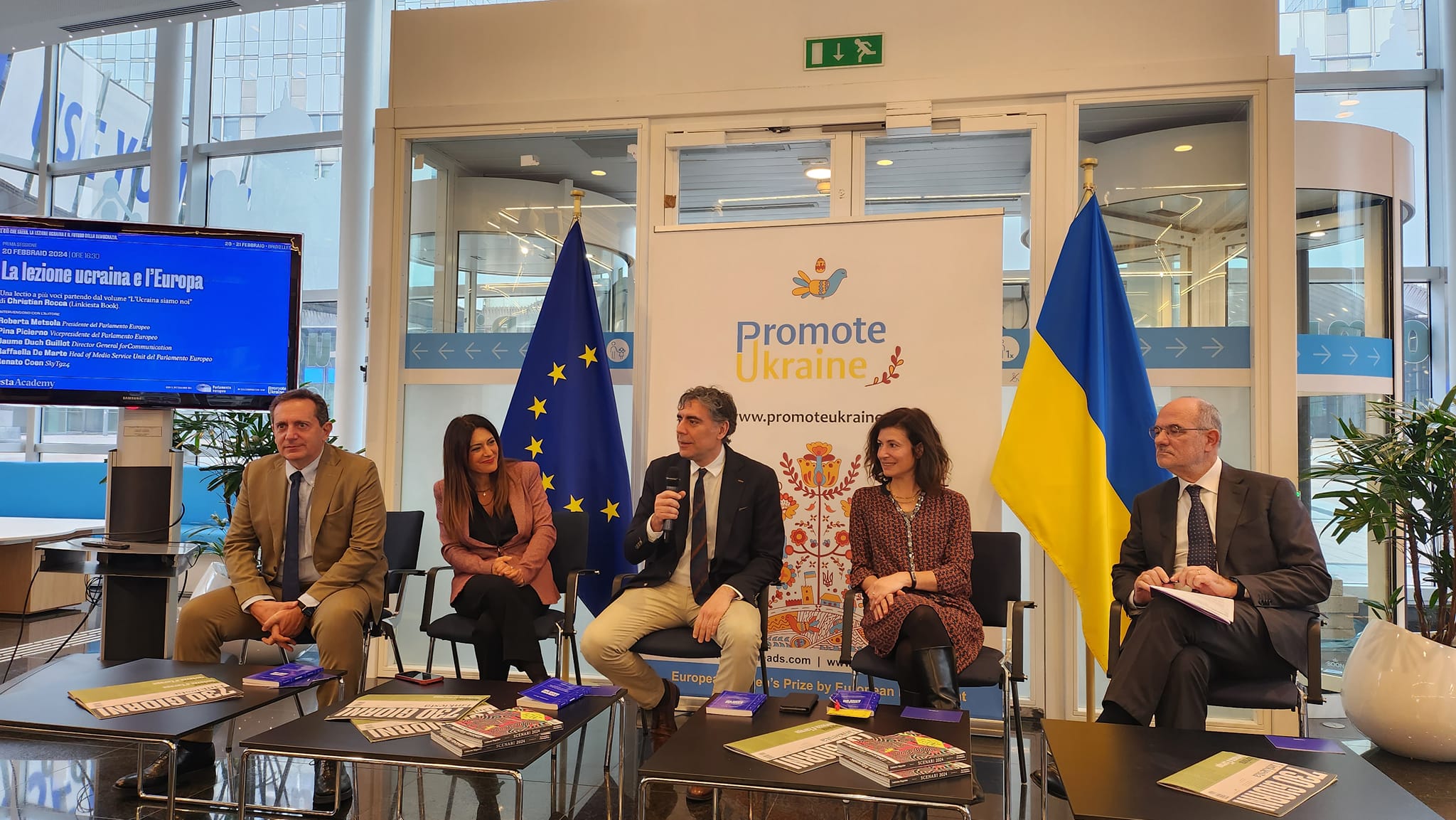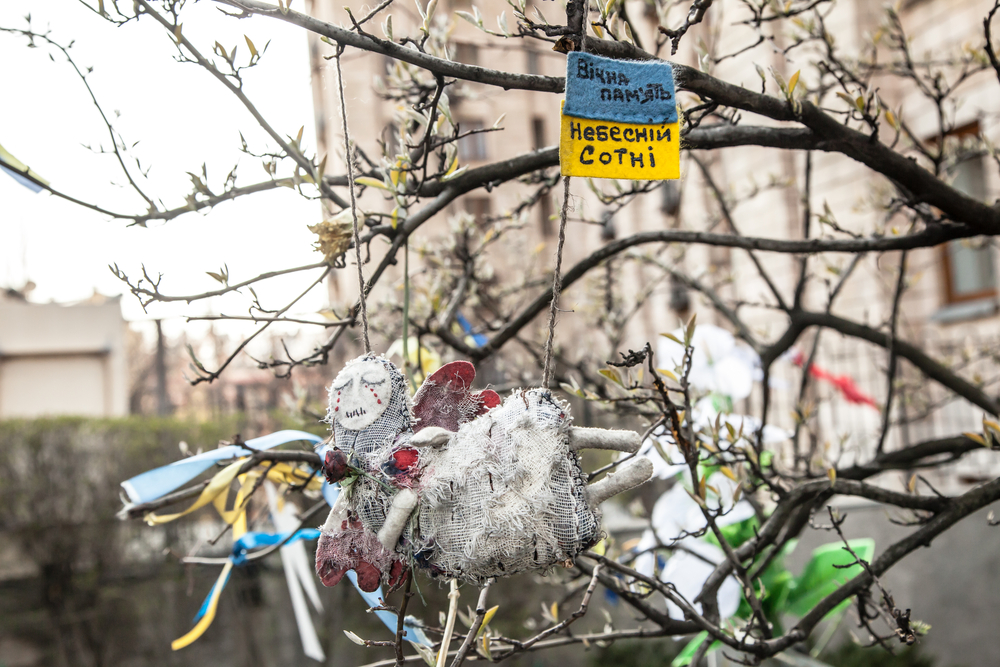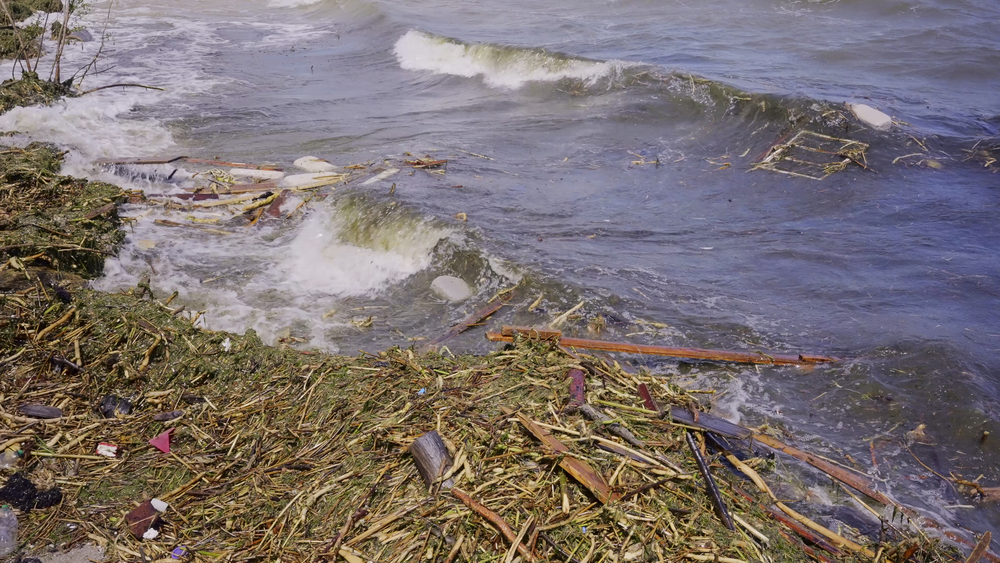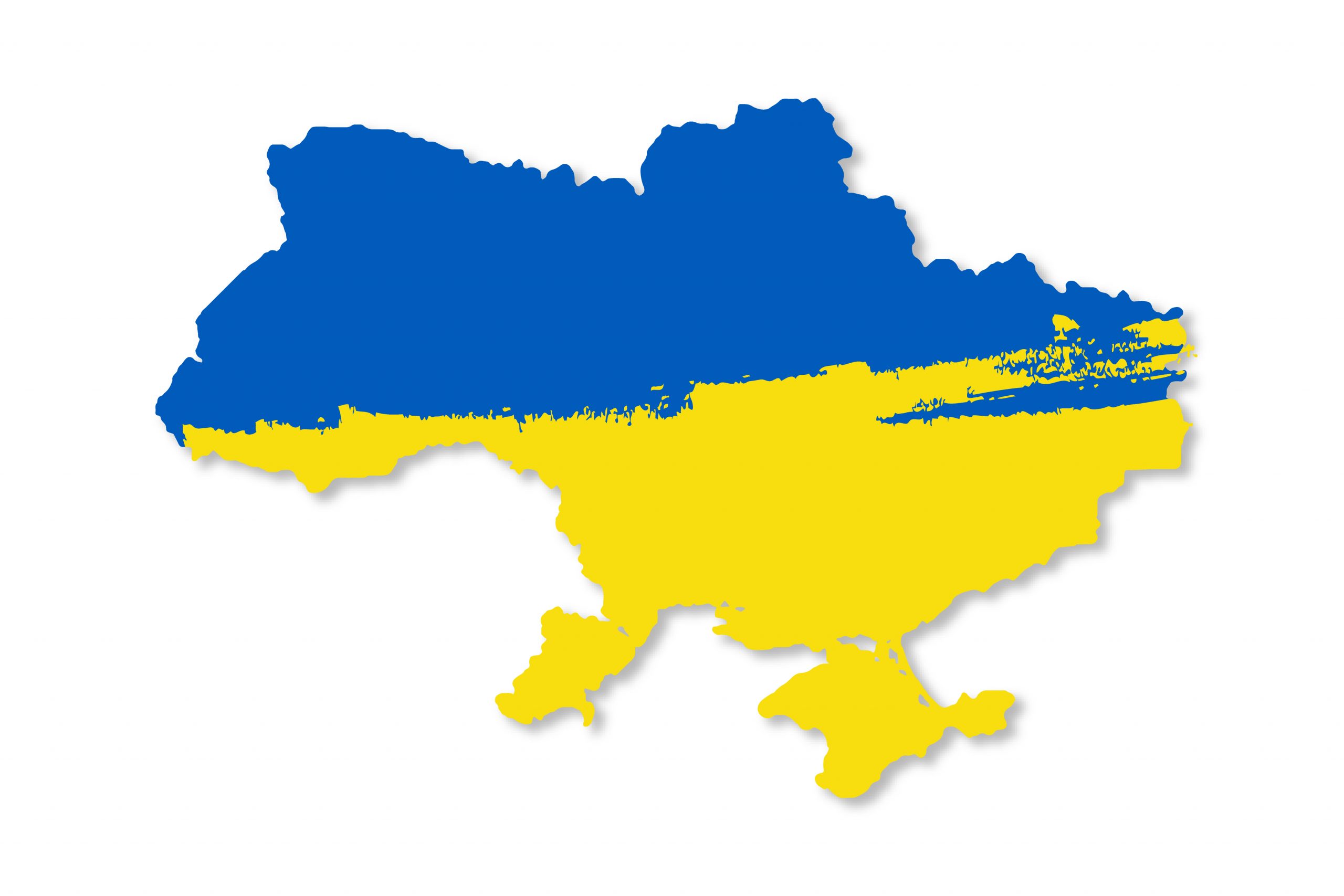“The state of Ukraine should respect its commitments to the Crimeans, to all Ukrainians interested in the return of Crimea and the well-established Crimean Tatar TV-channel ATR cannot be left to fail”, according to the head of the web platform Detector Media, known media expert Natalia Lygachova.
In an interview with Promote Ukraine, she also spoke about other hot issues in the Ukrainian media – the murder case of Pavlo Sheremet, the recordings of the prime minister of Ukraine, and legislative initiatives in the field of freedom of expression.
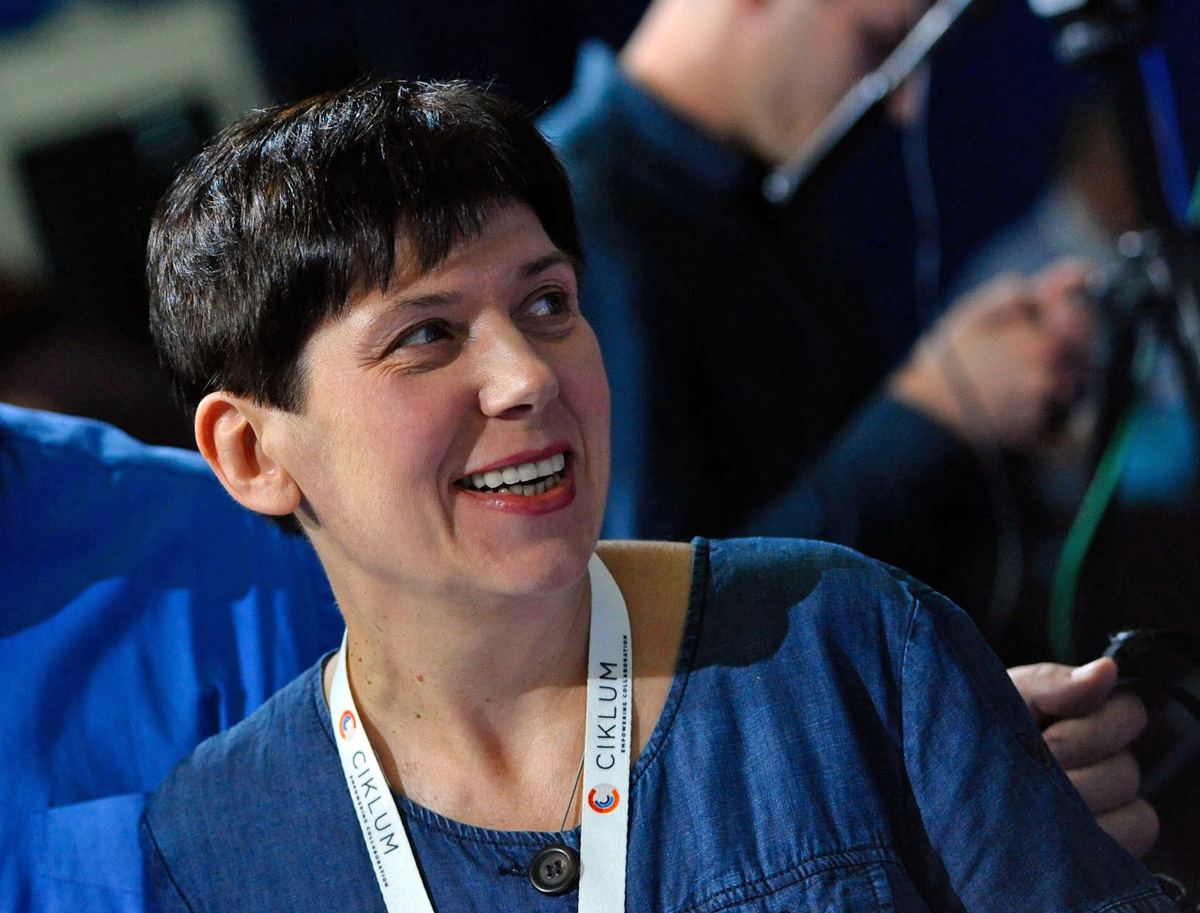 Natalia Lygachova is the founder and chairman of the NGO Media Detector, the editor-in-chief of the site Media Detector (in 2004-2016 they were both named Telekritika). She was the editor of the media and public opinion department, and later the deputy editor-in-chief of the Ukrainian daily newspaper Den. She is the co-author and editor of several books on political censorship, manipulative technologies in the media, information wars, etc. Natalia is an honoured journalist of Ukraine, she was included for 7 consecutive years in the rating of Focus magazine of the 100 Most Influential Women of Ukraine (2006-2012). She has received several awards, including the Internews Media Leadership Award (the USA, 2008) and the Gerd Bucerius Prize Free Press of Eastern Europe (2011).
Natalia Lygachova is the founder and chairman of the NGO Media Detector, the editor-in-chief of the site Media Detector (in 2004-2016 they were both named Telekritika). She was the editor of the media and public opinion department, and later the deputy editor-in-chief of the Ukrainian daily newspaper Den. She is the co-author and editor of several books on political censorship, manipulative technologies in the media, information wars, etc. Natalia is an honoured journalist of Ukraine, she was included for 7 consecutive years in the rating of Focus magazine of the 100 Most Influential Women of Ukraine (2006-2012). She has received several awards, including the Internews Media Leadership Award (the USA, 2008) and the Gerd Bucerius Prize Free Press of Eastern Europe (2011).
Natalia, tell us please about the latest developments around ATR. What are the main reasons for all the problems with this channel?
ATR has a very difficult situation. On the one hand, the state of Ukraine actually financed a commercial channel. On the other hand, it started to do it in 2015, and we know why. Because there was an interest in hearing the voice of Crimeans, Crimean Tatars and to receive information about events in Crimea. Although, of course, the national public service broadcaster also has a UA: Crimea channel. The state-funded both channels.
I understand that there are problems with the financing of ATR. But now Crimea is occupied by Russia, and we cannot abandon the reputable channel, which has a stable audience and which has very good journalists. That is, in fact, the state should stick to its commitment to the Crimeans and to all Ukrainians who are interested in returning Crimea to us.
Does it mean that the authorities treating the channel like this are sending the wrong signal to Europe and to the world?
I don’t think there was any malicious intent here. The point is not that the state does not want this channel to broadcast in order to spread information to Crimea and to report about Crimea. On the one side, several ministries, the treasury and responsible persons synchronize their efforts really insufficiently, and on the other side, there are problems in communication with the TV channel itself.
 So, there is no political motivation here?
So, there is no political motivation here?
I do not think it was by the political will to close the ATR channel. In my opinion, it is just the lack of qualification of some people in the new government. They misunderstand the importance of some problems and also the processes in many sectors that are currently taking place in Ukraine due to the change of power (many representatives of which never worked in the establishment).
And that is the initial cause. Yes, there are some questions about what was happening to the TV channel itself. I understand that it was about finances, how transparent they spent money. But I think this will be resolved in the near future, especially since President Volodymyr Zelensky has already stated that he will continue to fund ATR. In general, if it was not this situation – Russia’s occupation of Crimea – then the question of why the state finances a commercial channel is fair.
Several volunteers are under arrest in a case of the murder of journalist Pavlo Sheremet, and it seems that the majority of Ukraine’s population thinks that this case is politically charged. Do you think this is a show trial over volunteers? Or something else?
As for Sheremet’s case, there are many questions. On the one hand, it has been reported these days that the defendants have refused to do several forensic tests. Some people may interpret this as their protest against the conduct of the investigation, and others may say that they are afraid of something.
On the other hand, we understand that many things were done very unprofessionally, including the way the accusation was announced. In fact, at one briefing in the presence of Zelensky, the accused were already named murderers. And, there is definitely no confidence in what is happening now. Is this an attempt to somehow curb volunteers and change the attitude towards those who fought in the Donbas, and not necessarily in the official Armed Forces? Only conspiracy theories can be made here.
So far, one can surely say that the investigation is clearly stalling, the investigators do not have sufficient evidence regarding the accused. Yet, it was announced very loudly that the culprits are already known. So far there is no trust. But if there is any further action on the volunteers, then it can already be assumed that this is a planned action precisely to discredit the volunteer movement or those who fought in the Donbas who were not in the Armed Forces.
The 1 + 1 TV-channel offices were searched for audio recordings from the Prime Minister’s meeting, there were also searches carried out at journalists’ homes. Can you call these cases to be labeled as political persecution or violations of freedom of speech?
The case is quite complex. On the one side, the Security Service of Ukraine has certainly exceeded its powers. Moreover, there were searches carried out in journalists’ homes. Even if journalists disseminated this information, even if they edited tapes, they are entitled to do it. And journalists have the right not to disclose their sources. That is, to blame them for recording these conversations is another matter. But at least I didn’t hear the direct accusations that they were recording these conversations. Everything else that they are accused of can be done legally by journalists.
On the other side, Olexandr Dubinsky, a deputy (from the Servant of the People party – edit.), was recently the head of this program. And we understand that he is still in contact with several journalists of this program and, in fact, he is not hiding it, and we can assume that they are still cooperating with him somehow. We just saw a situation when even the journalistic community was not enough prepared to protect these people.
The Media Movement “Media for Conscious Choice” made a statement about this precedent, this movement and my Media Detector agency stated that the Security Service should explain its actions. The Media Detector says there was a clear excess of their authority, but at the same time, we say that this program is not a truly investigative journalistic program and does not adhere to journalistic standards.
 In Ukraine, there are discussions about a bill on media and the initiative to counter misinformation. Are there any restrictions on freedom of expression?
In Ukraine, there are discussions about a bill on media and the initiative to counter misinformation. Are there any restrictions on freedom of expression?
The media bill has previously been drafted as a bill on audiovisual services, which we have to adopt as a commitment to the EU. It was developed by the Verkhovna Rada Humanitarian and Information Policy Committee. The other is not yet in the format of the bill – it is the concept of the bill on combating misinformation, which was prepared in the Ministry of Youth, Culture, and Sports.
There are fewer questions to the first bill, they are about trying to control the activity of social networking platforms, but this practice is currently under discussion. And we know that a law has been passed in France to counteract information manipulation which is timely.
There are many questions about the concept of the anti-misinformation bill. Firstly, we believe that the mechanisms mentioned there are disproportionate. Secondly, there is no clear answer to what this proposed concept has to contend with. And most importantly, what we emphasize is that such an important and complicated draft law, before going even for public discussion, had to undergo more expert discussion, expertise, exchange of views with stakeholders, those who may be affected by any of the proposed things, and so on.
Unfortunately, this did not happen, it was just a simulation of the discussions because there was no question of listening to experts’ opinions on how they can combat misinformation, what mechanism they offer. That is, the ministry has already offered its preliminary work, plans, and suggestions, then there was a simple test on how the experts would react – whether they would protest or would have a softer attitude. There was no real discussion.
Moreover, no intellectuals were involved in this discussion, that is, there was no procedure that took place in France. There, too, a draft law was developed quite quickly, but this was preceded by great intellectual debate. Firstly, this has not happened in Ukraine. Secondly, the bill itself proposes very controversial measures that are certainly not perceived by either the journalistic community, Western experts, or Western media organizations.
Several days ago, several media representatives and I met with ambassadors of the G7 countries in Ukraine. We understand that they are also very worried by the state’s intentions to regulate content. Before regulating the content, it intends to impose excessive responsibility on journalists and disseminators of information, which, in fact, can be almost all citizens of Ukraine who have any open account on any social network.
You are an experienced journalist and you have been monitoring the media situation in Ukraine for many years. Under which president was freedom of speech in Ukraine in the best condition?
The worst situation was at the time of Kuchma and Yanukovych. As for Yushchenko, Poroshenko, and now Zelensky, external pluralism persisted during their presidency. During the time of Poroshenko, there was a large amount of investigative journalism, as is still the case with Zelensky. But the quality of these investigations was different, it was not always high.
Under Yushchenko, hidden advertising was flourishing when commercial opportunities were spread. If you could pay, you could go to any TV channel. That is, we see that authoritarian regimes are exacerbating threats from the state to freedom of speech. And under the more or less democratic regimes of Yushchenko, Poroshenko, and even Zelensky, there are no threats to freedom of expression from the state, although during Zelensky’s presidency we can see that such intentions are possible.
But these regimes have done nothing and do nothing to overcome the oligarchic pressure on the editorial policies of the media they own. That is, the oligarchic nature of the owners of the most popular media in Ukraine plays a very big role in what happens in the media. And now, since the beginning of the war, we see that very often funding for media outlets comes from Russia, from the citizens of the aggressor country or from those emigrants who are hiding there, or from pro-Russian politicians who live in Ukraine but nevertheless have close ties with Russia – for example, Putin is a godfather of Medvedchuk’s daughter, and everything Medvedchuk does in Ukraine is certainly in the interests of Russia above all.
And this is a very big problem, but unfortunately, this problem was not solved by Poroshenko for some reasons, and this is not happening now under Zelensky. Thus, we do not see for the time being the steps of the state in the direction of demonopolizing the media, and, in overcoming the affiliation of the Ukrainian media with purely pro-Russian or even Russian behind-the-scenes owners. The future misinformation bill may aim to put some barriers in place, but there are simply doubts that the proposed measures will be effective and that at the same time the authorities won’t be able to use them in order to combat any other point of view, any information, which the people in power won’t like.
Interview by Natalia Richardson for Promote Ukraine.
 Natalia Richardson is a Ukrainian journalist specialized in European affairs. Since 2001 she has been working in Brussels. She was a staff correspondent of the Ukrainian newspapers “Vechirniy Kyiv” and “Den”, radio Deutsche Welle, Radio Free Europe / Radio Liberty. She was a European Affairs Correspondent at the Brussels office of Euronews TV channel from the start of the Ukrainian service until its closure – from 2011 to 2017. Natalia had internships at Katholische Medien Akademie in Munich, newspapers Frankfurter Allgemeine, Hannoversche Allgemeine, and the UN Headquarters. She graduated from the Institute of Journalism at the Taras Shevchenko National University of Kyiv and holds a Master’s Degree in European Integration from the Vrije Universiteit Brussel and a Master’s Degree in Marketing and Communications from the Ichec Brussels Management School. Besides Ukrainian, she speaks English, Russian, French, Dutch, and German.
Natalia Richardson is a Ukrainian journalist specialized in European affairs. Since 2001 she has been working in Brussels. She was a staff correspondent of the Ukrainian newspapers “Vechirniy Kyiv” and “Den”, radio Deutsche Welle, Radio Free Europe / Radio Liberty. She was a European Affairs Correspondent at the Brussels office of Euronews TV channel from the start of the Ukrainian service until its closure – from 2011 to 2017. Natalia had internships at Katholische Medien Akademie in Munich, newspapers Frankfurter Allgemeine, Hannoversche Allgemeine, and the UN Headquarters. She graduated from the Institute of Journalism at the Taras Shevchenko National University of Kyiv and holds a Master’s Degree in European Integration from the Vrije Universiteit Brussel and a Master’s Degree in Marketing and Communications from the Ichec Brussels Management School. Besides Ukrainian, she speaks English, Russian, French, Dutch, and German.






 UA
UA FR
FR DE
DE